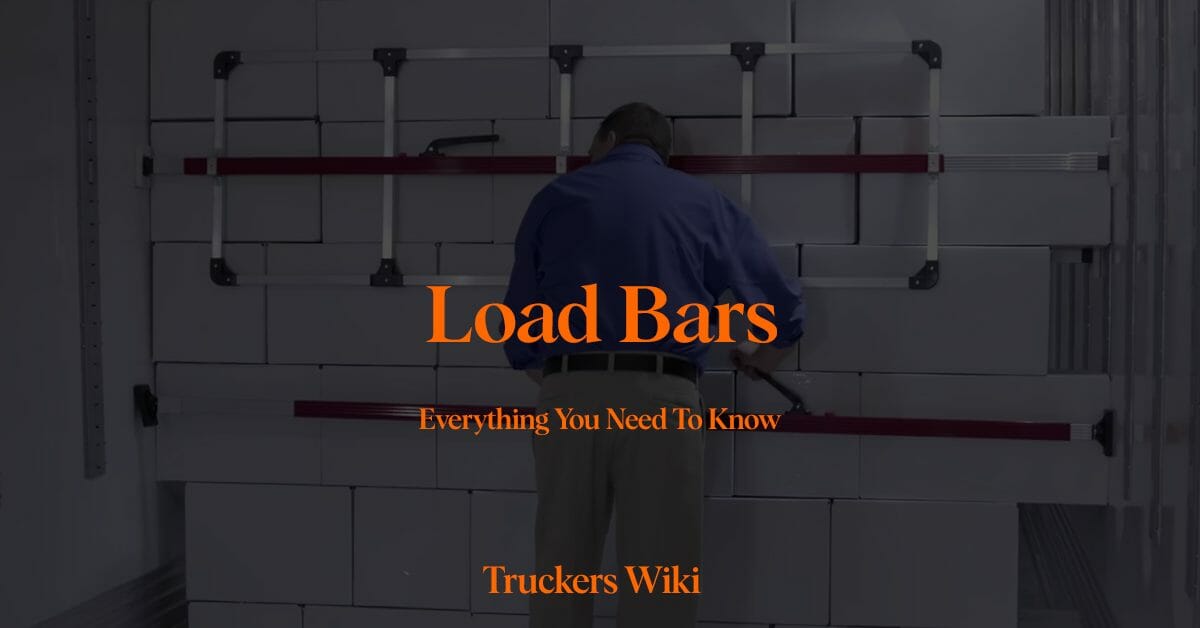
Table of Contents
What are Load Bars?
Load bars, also known as cargo bars or load locks, are adjustable bars that can be placed inside a trailer to prevent cargo from shifting during transit. They are usually extendable and are secured into place by the pressure applied between the trailer walls.
These bars feature rubber feet or pads on both ends to provide traction and protect the interior walls of the trailer from damage. They are often made of high-strength materials such as steel or aluminum, which can withstand considerable pressure and weight.
Types of Load Bars
There are several types of load bars available, each designed to fit different applications:
Standard Load Bars: These are the most common type of load bars. They are extendable and have a simple locking mechanism, usually a ratchet or lever, to hold the bar in place.
E-Track Load Bars: These bars are designed to be used with E-track systems, which are track systems mounted to the interior walls of a trailer. They feature end fittings that lock into the E-track, providing extra securement.
Hoop Bars: Also known as decking or shoring beams, these bars have an added horizontal beam that runs perpendicular to the main bar. They are used to create decks or tiers within the trailer, maximizing space utilization.
Pallet Bars: These are similar to hoop bars but are specifically designed to secure pallets. They typically feature a square design that fits more securely around standard pallet sizes.
Benefits of Using Load Bars
Load bars offer several advantages that make them a staple in the trucking industry:
Cargo Protection: By preventing cargo from moving during transit, load bars reduce the risk of damage to goods, which could lead to financial loss and decreased customer satisfaction.
Improved Safety: Secured cargo is less likely to cause accidents in the event of sudden stops or turns.
Space Utilization: Certain types of load bars, such as hoop bars and pallet bars, allow for more efficient use of space within the trailer, facilitating more organized and larger loads.
Versatility: With various types of load bars available, they can be used in a wide range of applications, from standard dry vans to refrigerated trailers.
In Conclusion
Load bars are an integral part of the cargo securement toolkit in the trucking industry. With their ability to prevent cargo shift, enhance safety, and maximize trailer space utilization, they play a pivotal role in the successful delivery of goods. By understanding the various types of load bars and their appropriate use, truck drivers can ensure that their cargo arrives at its destination in the same condition it was loaded, thereby ensuring safety and increasing customer satisfaction.
Learn about Roll Up Doors here.
Learn about Swing Doors here.
Learn about Lift Gate here.
Learn about Cargo Straps here.
Junior Honduras has a great video explaining the use of Load Bars.

